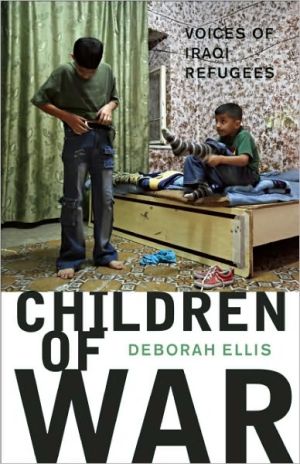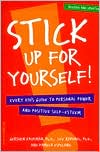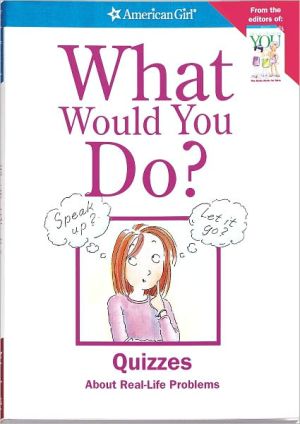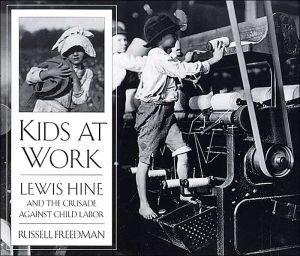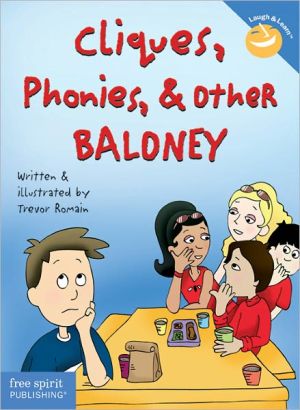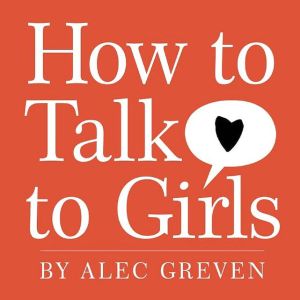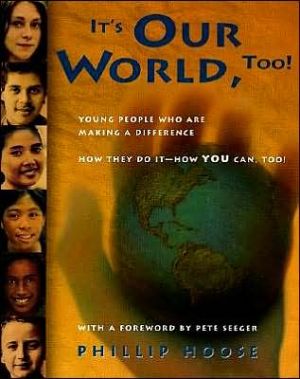Children of War: Voices of Iraqi Refugees
Five years have passed since the U.S. and its allies invaded Iraq, and true democracy has yet to come. Four million Iraqis have been displaced; half are living in desolate tent camps, the others mostly stuck in Jordan and Syrian. All face uncertain futures. In this book, Deborah Ellis turns her attention to the war's most tragic victims — Iraqi children. She interviews more than 20 young Iraqis, mostly refugees living in Jordan, but also a few trying to build new lives in North America. Some...
Search in google:
The United States and its allies invaded Iraq seven years ago. Today the country is still at war, and no one can claim that true democracy has come. Four million Iraqis have been displaced, and about half of them, unable to flee the country, are now living in remote tent camps without access to schools, health care, or often even food and clean water. In Children of War, a companion title to Off to War: Voices of Soldiers’ Children, Deborah Ellis turns her attention to the most tragic victims of the Iraq war — Iraqi children. She interviews two dozen young people, mostly refugees living in Jordan, but also a few who are trying to build new lives in North America. Their frank and harrowing stories reveal inspiring resilience as the children try to survive the consequences of a war in which they play no part.VOYAChild refugees from the Iraqi war tell their stories in their own words in this companion book to Off to War: Voices of Soldier's Children (Groundwood, 2008/VOYA December 2008), a collection of stories of children of American and Canadian soldiers. This collection offers a non-North American perspective of what occurred and is occurring in Iraq. Short autobiographical narrations of children, ages eight to nineteen, are prefaced with background information about Iraq or the child and their photos. Two themes recur throughout the stories: the lack of control that the children feel over their circumstances and the loss of their childhood. The stories are poignant, heart wrenching, and ring with truth. As if from the mouth of babes, in this case from ten-year-old Haneen, comes, "The war happened because Iraq has oil. And there is a high building somewhere in America that was blown up. They thought Iraq blew it up, so that's why they blew up places in Iraq." There is an introduction of eighteen-year-old Eman but no story because Eman is unable to talk. Her mother believes her problem is the result of chemicals that came from the bombs dropped on Iraq. The vocabulary is difficult for upper elementary students, but could be very effective as a read-aloud. All ages can relate to these children. The book, which is a good fit for school libraries, could be a starting point for a discussion on the impact of war on children from the child's perspective. Reviewer: Susan Allen
\ VOYA\ - Susan Allen\ Child refugees from the Iraqi war tell their stories in their own words in this companion book to Off to War: Voices of Soldier's Children (Groundwood, 2008/VOYA December 2008), a collection of stories of children of American and Canadian soldiers. This collection offers a non-North American perspective of what occurred and is occurring in Iraq. Short autobiographical narrations of children, ages eight to nineteen, are prefaced with background information about Iraq or the child and their photos. Two themes recur throughout the stories: the lack of control that the children feel over their circumstances and the loss of their childhood. The stories are poignant, heart wrenching, and ring with truth. As if from the mouth of babes, in this case from ten-year-old Haneen, comes, "The war happened because Iraq has oil. And there is a high building somewhere in America that was blown up. They thought Iraq blew it up, so that's why they blew up places in Iraq." There is an introduction of eighteen-year-old Eman but no story because Eman is unable to talk. Her mother believes her problem is the result of chemicals that came from the bombs dropped on Iraq. The vocabulary is difficult for upper elementary students, but could be very effective as a read-aloud. All ages can relate to these children. The book, which is a good fit for school libraries, could be a starting point for a discussion on the impact of war on children from the child's perspective. Reviewer: Susan Allen\ \ \ \ \ Children's Literature\ - Lorrie-Ann Melnick\ This book is a collection of essays based on interviews conducted by Deborah Ellis. She interviewed Iraqi children between the ages of 8 and 19 living in Jordan. They and their families have been displaced by the political instability and violence in Iraq. The book begins with a short introduction that gives concise, direct, and easy-to-understand background information about the political climate of Iraq. There is also a simple map of Iraq and the surrounding nations. The book is then divided by interview. Each section begins with a one or two page preface that gives key information pertaining to the interviewee. The factual preface is followed by a four to six page long, first-person essay written by Ellis in the voice of the child who has been affected by war. This technique of giving concise factual information, followed by children's accounts of how the violence of war has affected their everyday lives is powerful. It makes the information more accessible, and it makes war relevant and real. The essays typically end with the child suggesting ways they'd like to make this a better world and/or telling the reader what they wished people knew about them. Reviewer: Lorrie-Ann Melnick\ \ \ Kirkus ReviewsIn her previous volume, Off to War: Voices of Soldiers' Children (2008), Ellis interviewed Canadian and American children whose parents were off at war in Iraq or Afghanistan. Here, she has interviewed Iraqi children whose lives have been shattered by war. Depending on the estimates, 90,000 to 1.2 million Iraqi civilians have died as a result of the Second Gulf War, and almost five million have become refugees. Many of the children in this volume are older than those in the previous work and have seen the war firsthand, so they have much to say about their experiences. Most are now in Jordan, so this report is a bit limited by not including those who stayed behind, but the voices are poignant, insightful, angry and hopeful. Their stories are given a solid context by a fine introduction that provides a brief history of the war, a two-page map and prefaces to each person's story. Photographs of the interviewees and a glossary round out an important chronicle of war and the world's most vulnerable-the children. (Internet resources) (Nonfiction. 10 & up)\ \
